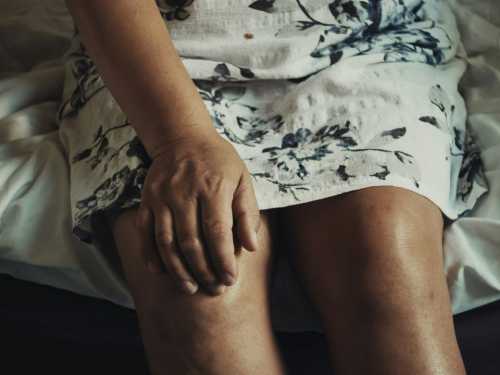
In difficult life situations, Russians will appeal primarily to relatives, friends or loved ones. And only two percent will go to a psychologist or psychotherapist. They will ask for the help of the priest, for comparison, three percent. This is the data of a recent VTsIOM survey.
If it is not easy in the family, 72 percent of respondents will try to cope themselves. The citizens interviewed are convinced that if a psychologist can help, then more likely in the event of loss of work and if a loved one died.
Psychologist: How to overcome anger and annoyance in a pandemic for teachers and parents
However, the pandemic shifted the traditionally distrustful attitude of the inhabitants of Russia to specialists of their liking. As sociologists have revealed, the main phobias of recent times are quarantine and financial difficulties with unemployment. 14 percent of residents of Russia more often than before, there was a need to go or call a professional. Basically, women and young people had such an impulse. “Trust in psychologists is slowly growing, but, unfortunately, this does not become a constant practice,” summed up the general director of the VTsIOM Foundation, candidate of psychological sciences Konstantin Abramov.
Most alarming in the first wave of the pandemic was young. They have no experience in the 90s, when our people experienced shocks and are stronger than the current ones, explains Konstantin Abramov.
The situation in the USA and Europe, where the tradition of seeking support from psychologists and psychotherapists has long been formed, is very different from the Russian one. “In difficult conditions, Western people prefer to turn not to acquaintances and not to relatives. They do not want to strain them with their problems, “said Professor Alexander Thostov, head of the Department of Neuro- and Pathopsychology, Faculty of Psychology, Lomonosov Moscow State University.” For this, an independent, professional and confidential person is needed. “
And such public opinion was not immediately established. “In the west, there is a huge cultural layer when in TV shows and movies, in books, on television shows and through the media they explain that you do not discredit yourself if you go for professional help,” the psychologist explains. “In our same culture, especially for men, due to stoicism and hard tabooing of statements, it is believed that it is not allowed to demonstrate weakness. “I must courageously cope with all the psychological problems myself,” any Russian man is sure. “
Female behavior is rationed less, so it is believed that a woman can afford the weakness of contacting a psychologist. But young people around the world have more flexibility and openness.
Tkhostov notes that our people have a request for a psychologist-miracle worker, who will “tear the clouds with his hands” in one appointment. And indeed: in the top three “main psychologists of the country,” VTsIOM was named, for example, Kashpirovsky.
In order not to get to the charlatan, experts advise paying attention to the educational institution that the specialist graduated. “It should be legal, if possible, state,” said Alexander Thostov.




